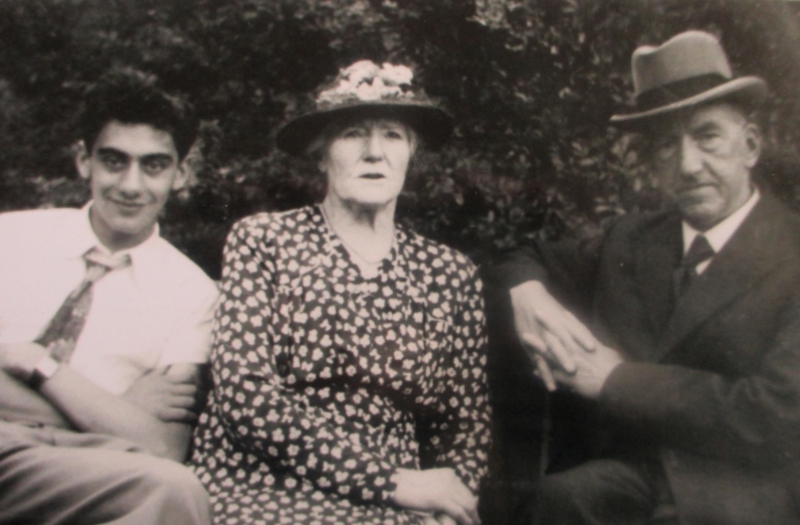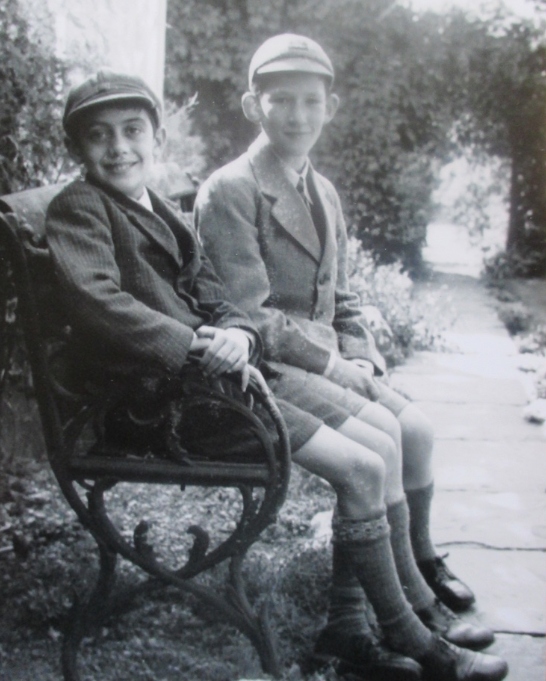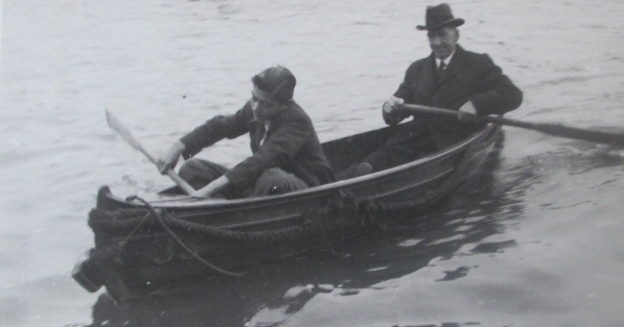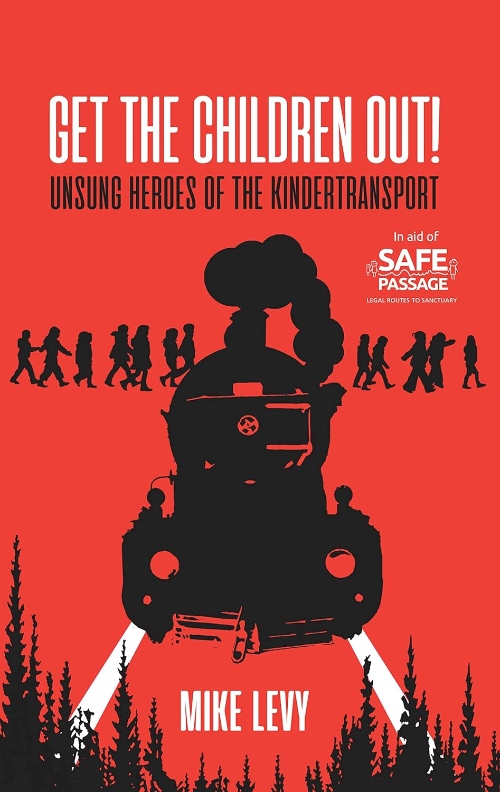Unsung Baptist heroes of Kindertransport
To mark the 85th anniversary of the beginning of the Kindertransport rescue programme, Mike Levy highlights a Baptist couple who showed much kindness to a young boy alone in a strange country

On 2 December 1938, just 85 years ago, a group of 200 young people descended a ship’s gangplank in the Essex port of Harwich. They came from Germany without their parents, siblings, family, friends; they came alone. Their arrival was keenly anticipated by Baptists across the country.
These 200 were the vanguard of one of the largest acts of rescue in the Holocaust era. They were Jewish children from orphanages and homes that had been torched, battered or smashed by Nazi thugs on the night of the 9th and 10th of November 1938 – so called ‘Kristallnacht’, the Night of Broken Glass.
The children had witnessed SS and Hitler Youth beating up their parents, wrecking their homes and businesses, arresting men and carting them off to be brutalised in concentration camps. It was after this terrible night that parents in Germany decided to send their children to safety. The British government had decided to waive visas for fleeing children under the age of 17 – but their parents and family were not allowed to come.
The children had no one in Britain to look after them; homes and support had to be found. Their arrival was entirely in the hands of volunteers – the British government took no part in their rescue from persecution.
Enter an army of British helpers among whom included Baptists. In eight months some 10,000 children had been rescued from the murderous hands of the Nazis in what became known as Kindertransport (German for "children's transport).
The nerve centre of this massive rescue operation was at Bloomsbury House in central London. Here committees were hurriedly set up by Jewish, Quaker and other church bodies. The building, which would become the HQ of Arts Council England, was packed with desks, telephones, filing cabinets and queues of anxious relatives or refugees already in Britain, desperate for help, news, financial support and more. The central committees in London totally relied on the goodwill of voluntary bodies throughout the length and breadth of the UK.
These central committees relied entirely on the efforts and goodwill of local people. Here many Baptist congregations played a significant role. They raised money for the various refugee funds and invited speakers to their chapels to hear about the brutal treatment of Jews in Germany and Austria. During the war, when news of the mass slaughter of Jews was coming in, the Baptists made a plea to the British government to allow in any who were able to escape the genocide in Europe.
 Among the many who answered the call to help was a Baptist minister who led a congregation in the small Fenland town of Chatteris in Cambridgeshire. The Revd Charles Morton and his wife took into their home two Jewish boys from Austria, Paul Kohn and Eugene Gunz, both around ten years old.
Among the many who answered the call to help was a Baptist minister who led a congregation in the small Fenland town of Chatteris in Cambridgeshire. The Revd Charles Morton and his wife took into their home two Jewish boys from Austria, Paul Kohn and Eugene Gunz, both around ten years old.
The Mortons were childless, and he was a minister for the Strict Baptist Zion Chapel a few doors away from their home. The two lads had, by all accounts, a very happy time with the Mortons.
The Mortons had been very correct but loving in their own way. They made no attempt whatsoever to convert the Jewish boys – far from it. When Paul reached his 13th birthday, Revd Morton converted the rear of the Zion Chapel (now a printing works), into a ‘pop up’ synagogue.
Seventy years later on a visit to the chapel, Paul Kohn remembered, ‘It was just here that I read from the Torah for my barmitzvah.’
The Mortons, keen to encourage the continuation of their Jewish culture, organised kosher food to be brought from London and encouraged the boys to visit relatives for the Passover meal.
 Paul showed this writer photographs of Charles playing chess with him, days out at the seaside (including a snap of the austere behatted Revd Morton with Paul in a canoe) and building a snowman in the garden.
Paul showed this writer photographs of Charles playing chess with him, days out at the seaside (including a snap of the austere behatted Revd Morton with Paul in a canoe) and building a snowman in the garden.
Paul’s happiness was only threatened by the visit of some ultra-Orthodox Jews who wanted to take the boys out of this Baptist home where they (wrongly) feared the boys were prey to conversion.
Recalling the incident many years later, Paul said, ‘One day, some ultra-Orthodox Jews arrived at the Mortons’ front door. They had come to return me to the fold.
'They were very insistent that I go with them and I was extremely apprehensive.
'Mr Morton informed them that only my parents (who had escaped to Palestine) could decide about my future, and until then I would stay put.
'He wrote to them about the visit, and the answer was clear: “If you will have him, then our son shall stay in your care until the war is over.”’
And so Paul stayed until the war was over and then went to Palestine to reunite with his parents. It was a rare happy ending but the Kohns stayed in touch with the Mortons until the old couple passed away. Charles lived long enough to send a message of congratulations to Paul on the birth of his first son in 1964.
A few months after the visit to England, Paul passed away. It had been a lifelong wish to show his descendants the place where the Baptist couple showed much kindness to a little boy alone in a strange country.
 Mike Levy is the author of Get the Children Out - Unsung Heroes of the Kindertransport, in which a longer version of this story appears.
Mike Levy is the author of Get the Children Out - Unsung Heroes of the Kindertransport, in which a longer version of this story appears.
The book is published by Lemon Soul and available as a book, audiobook or e-book on Amazon or via lemonsoul.com
He is currently researching British families who took in Kindertransport refugees.
If your family, or someone you know, did host a Jewish refugee from 1938, contact Mike on Kindertransport4@gmail.com
Baptist Times, 30/11/2023